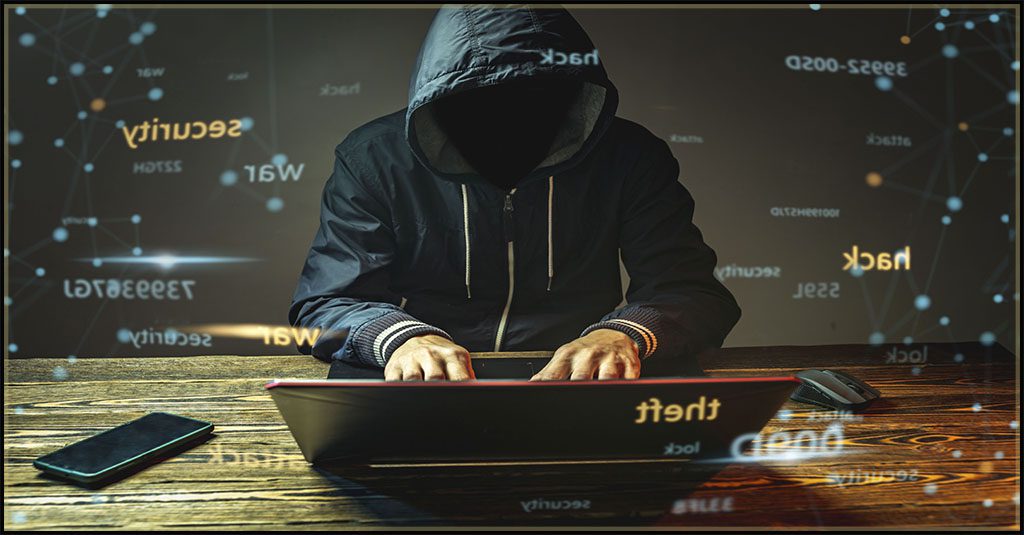The Dark Web has long been shrouded in mystery, often portrayed as a lawless digital underworld. While it does host illegal activities, it is also a critical tool for privacy, anonymity, and free speech. This blog delves into the realities of the Dark Web, separating myths from facts and exploring its ethical implications.

Understanding the Dark Web
The Dark Web is a subset of the Deep Web, consisting of encrypted sites that require special tools, like Tor (The Onion Router), to access. Unlike the Surface Web, which is indexed by search engines like Google, the Dark Web provides anonymity by masking user identities and locations.
The Layers of the Internet
Surface Web – Publicly accessible sites (e.g., social media, blogs, e-commerce sites).
Deep Web – Private content such as online banking, medical records, and corporate databases.
Dark Web – Encrypted and anonymous websites, often requiring special browsers for access.
Common Misconceptions About the Dark Web
Myth #1: Everything on the Dark Web is Illegal
Reality: While the Dark Web does contain black markets, it is also used for legitimate purposes such as privacy-focused communication, secure whistleblowing, and research on cybersecurity threats.
Myth #2: Accessing the Dark Web is Dangerous
Reality: Merely visiting the Dark Web isn’t illegal in most countries, but engaging in criminal activities or downloading unknown files can pose risks.
Myth #3: The Dark Web is Untraceable
Reality: While anonymity is a core feature, law enforcement agencies have successfully infiltrated illegal networks and arrested cybercriminals operating on the Dark Web.
Ethical Uses of the Dark Web
Whistleblowing & Journalism – Platforms like SecureDrop allow journalists and activists to share sensitive information securely.
Privacy Protection – Citizens in oppressive regimes use the Dark Web to bypass censorship and communicate freely.
Cybersecurity Research – Ethical hackers and researchers monitor dark web forums to track emerging threats.
Risks & Ethical Concerns
While the Dark Web has positive applications, it also raises ethical and legal concerns:
Illegal Marketplaces – The sale of drugs, weapons, and stolen data remains a major issue.
Human Exploitation – Some dark web forums are used for illegal trafficking and exploitation.
Cybercrime Services – Hackers offer services such as malware development and DDoS attacks.
How to Stay Safe While Exploring the Dark Web
If you are considering using the Dark Web for research or privacy reasons, follow these guidelines:
Use a VPN & Tor – This adds extra security layers to maintain anonymity.
Avoid Clicking Unknown Links – Some sites may contain malware or phishing attempts.
Do Not Engage in Illegal Activities – Even passive involvement in illicit forums can have legal consequences.
Stay Updated on Cybersecurity Trends – Knowledge is your best defense against potential threats.
 Support Crack-Vault and help us keep providing free tools. Every donation counts!
(BTC) Address: bc1qhhva8uplmkaa3kkwxnux9t3y6l6kmhnwqzktzn
Support Crack-Vault and help us keep providing free tools. Every donation counts!
(BTC) Address: bc1qhhva8uplmkaa3kkwxnux9t3y6l6kmhnwqzktzn

 Support Crack-Vault and help us keep providing free tools. Every donation counts!
(BTC) Address: bc1qhhva8uplmkaa3kkwxnux9t3y6l6kmhnwqzktzn
Support Crack-Vault and help us keep providing free tools. Every donation counts!
(BTC) Address: bc1qhhva8uplmkaa3kkwxnux9t3y6l6kmhnwqzktzn